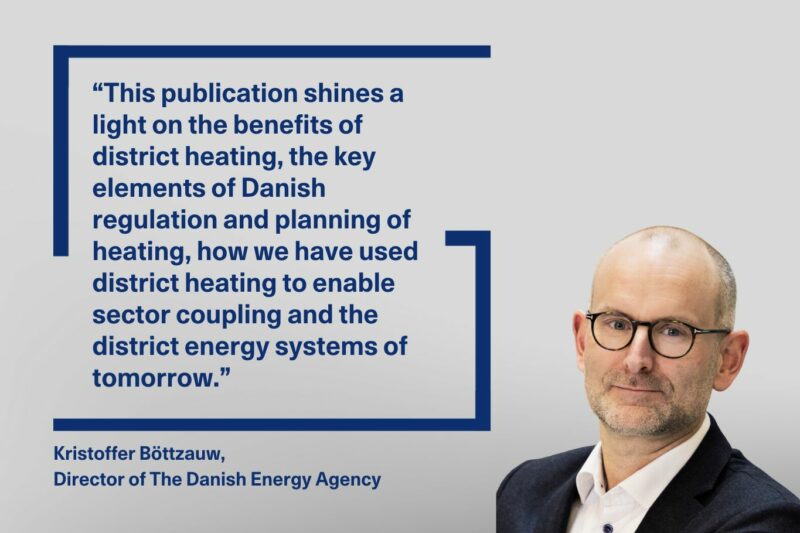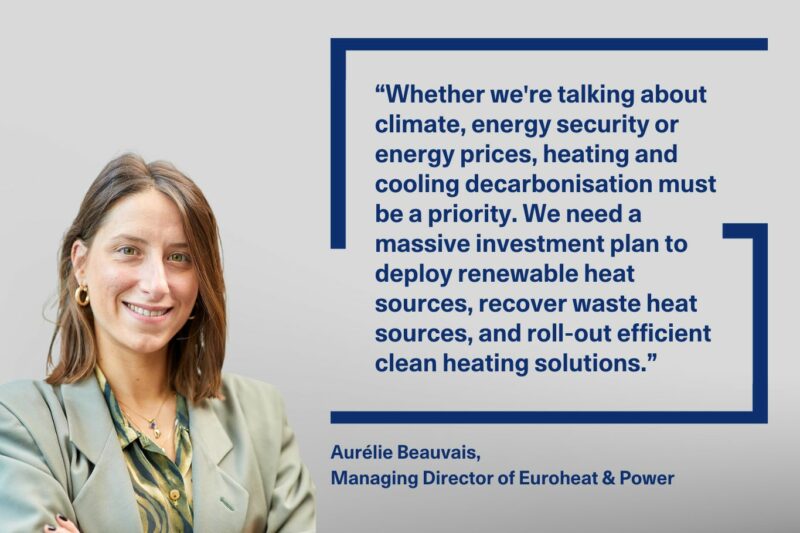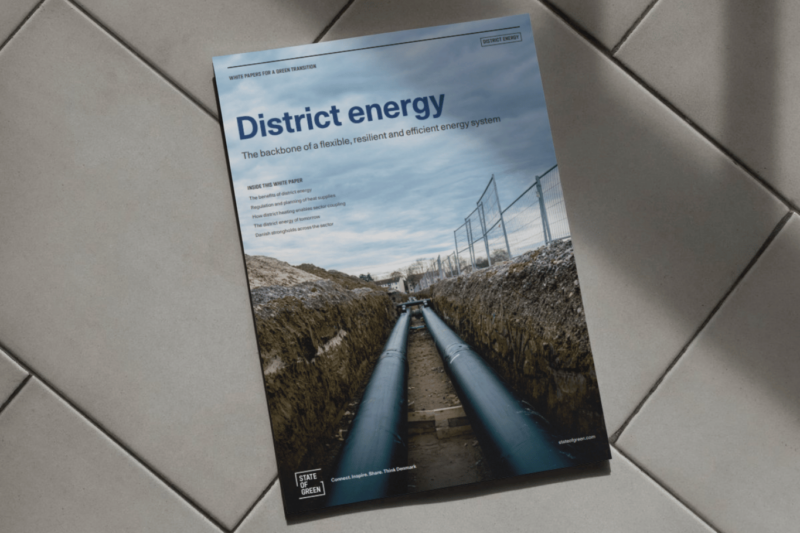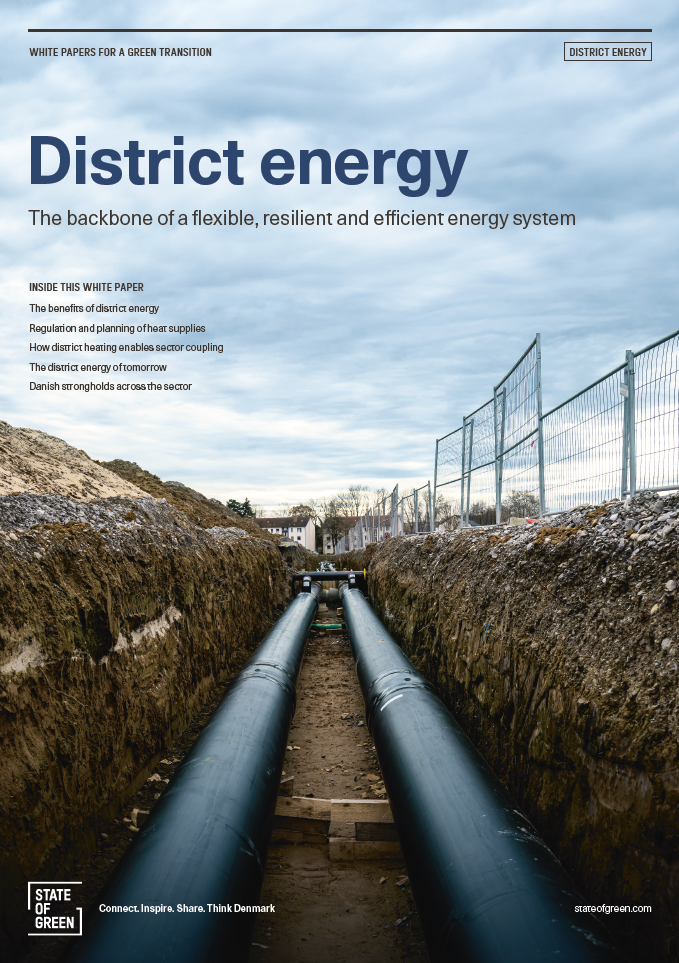News
Energy efficiency in buildings
Energy efficiency in industry
Smart grid
All Novo Nordisk production plants to run on renewable power in 2020


"Setting an absolute target of zero CO2 emissions from electricity at all our global production sites in just five years is ambitious, as our production is growing to meet the increasing global demand for our diabetes products," says Henrik Wulff, executive vice president and head of Novo Nordisk Product Supply.
An important step in achieving the 2020 ambition was taken last month when Novo Nordisk's production site Tianjin in China signed an agreement on purchasing electricity from a windmill farm in Inner Mongolia. Other production sites in the US, France, Russia, Algeria and Iran will enter similar agreements in the coming years.
"In Denmark, we get our electricity from windmills and this will also be the case in China, but there is not a one-size-fits-all solution and we will identify the most efficient renewable electricity sources for our production facilities in the other countries," explains Henrik Wulff. "Switching to renewable electricity makes sense from both a climate and a cost perspective. As more companies invest in renewable electricity, the technology is likely to get even more efficient and less costly."
RE100
Novo Nordisk has recently, together with some of world's most influential companies, joined the RE100, which is a collaborative initiative of global businesses committed to using 100% renewable electricity.
Dorethe Nielsen, Senior Director of Corporate Environmental Management, talks about the company's next steps to becoming ‘100% renewable’.
What's driving Novo Nordisk to become ‘100% renewable’?
Novo Nordisk’s production is growing to meet the increasing global demand for our diabetes products and we need to meet this need in a sustainable way. Our ambition to be 100% powered by renewable electricity by 2020 helps us secure long-term cost and risk reduction.
Why do you think RE100 is a good initiative to join?
We are excited to be part of RE100 and join other businesses committed to climate action. It’s a great opportunity for us to share knowledge and work with others to overcome barriers in regions where renewable electricity isn’t so readily available.
How did you decide on your 100% goal?
After we met our 2004-2014 target on an absolute CO2 reduction, going 100% renewable was a logical next step. The natural move forward was to explore how our production sites could be 100% green powered. We mapped the power consumption at plants worldwide and investigated feasible solutions. After having identified the likely solutions at the largest facilities, including the business case, we set the timing and scope of our renewable power ambition.
What are your achievements to date?
We have already made the switch to renewable power at production sites in Denmark, China, Brazil and Japan. We have recently signed an agreement to purchase electricity from a wind farm in Inner Mongolia for our production site Tianjin in China. Other production sites in the US, France, Russia, and Algeria will enter similar agreements in the coming years.
What opportunities and challenges have you been encountering?
The preferred solution would always be on-site renewable energy, but this is not feasible for our production sites due to location and space available. For example, roof top solar could only cover about 5% of the need for a given production facility. We are therefore dependent on the grid owners to supply our energy. Investigating the market for feasible projects and partners takes time and in some cases it has taken up to five years to sign contracts.
What plans do you have to switch to renewable electricity?
We are continuing to explore feasible renewable power solutions at some of our production sites so that we can achieve our 100% target. There is not a one-size-fits-all solution and we continue to investigate the most efficient renewable electricity sources in all countries where we have production sites.
Why do you think it is important for companies to play a role in accelerating demand for renewable electricity?
Companies need to show that switching to renewable electricity makes sense from both a climate and a cost perspective. As more companies invest in renewable power, green technology is likely to get more efficient, less costly and become a more attractive power source.
Source: Novo Nordisk / RE100
You should consider reading
publications
Combined heat and power production
+9















